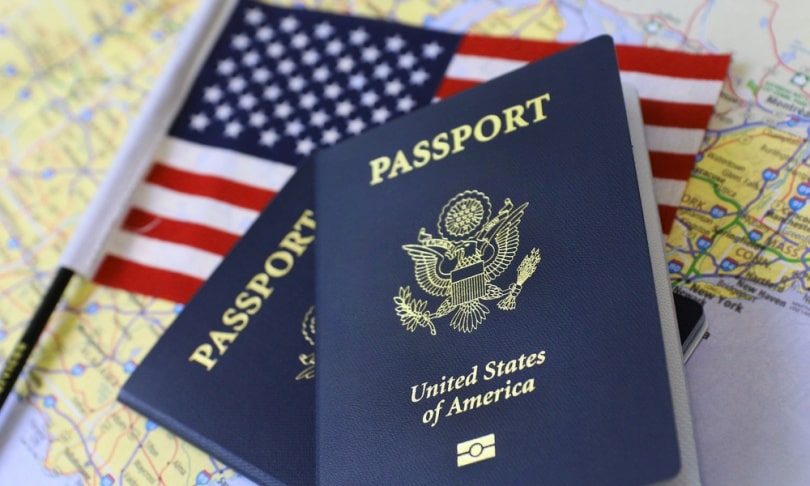Are you sure you’re being paid fairly under your H1B visa? Understanding the salary requirements is crucial to protect yourself and ensure compliance with U.S. immigration laws. Let’s break down everything you need to know about H1B visa salary requirements.
Understanding the H1B Visa Salary Requirements
The H1B visa is a non-immigrant visa that allows U.S. companies to hire foreign professionals for specialized jobs. However, employers must meet certain salary requirements to protect both foreign and domestic workers.
Minimum Salary Requirements: The Department of Labor (DOL) sets a prevailing wage based on your job title, experience, and location. As of 2024, salaries must meet or exceed this wage.
Why Do These Requirements Exist? These rules ensure that companies don’t exploit foreign workers or depress wages for local talent.
Key Factors Influencing H1B Visa Salaries
Several factors influence how much an H1B worker earns:
- Prevailing Wage Levels: Four levels based on experience
- Geographic Location: Salaries in New York City differ from those in Dallas
- Job Role and Industry: Tech jobs often pay more than healthcare roles
How Employers Determine H1B Salaries
Employers follow guidelines from the Department of Labor when setting salaries.
DOL Wage Levels:
- Level 1: Entry-level, limited experience
- Level 2: Mid-level skills and experience
- Level 3: Seasoned professionals
- Level 4: Industry experts
Geographic Impact on H1B Salaries
Location significantly affects salaries. For example:
- San Francisco: Tech jobs often start at $100,000+
- Kansas City: Similar roles may start at $70,000
Industry-Specific Salary Trends
Different industries offer varying pay scales:
- Tech: Software engineers can earn $120,000–$150,000
- Healthcare: Salaries often start at $80,000
Legal Requirements and Compliance
Employers must file a Labor Condition Application (LCA) to disclose the worker’s salary. The DOL monitors compliance to prevent wage suppression.
How to Check If You Are Being Paid Fairly
Online Resources:
- myvisajobs.com
- flcdatacenter.com
Consult Professionals: HR or legal experts can provide clarity.
What to Do If You’re Underpaid
- Talk to Your Employer: Share your concerns.
- File a Complaint: Contact the Wage and Hour Division of the DOL.
- Seek Legal Help: Immigration attorneys can assist.
Recent Changes in H1B Salary Regulations
In 2024, wage levels were adjusted to reflect economic changes, increasing minimum salaries in high-demand sectors.
Tips for Negotiating a Fair Salary
- Research: Use industry benchmarks.
- Prepare Your Case: Highlight your skills and achievements.
- Stay Professional: Negotiate with confidence, not aggression.
Employer Strategies for Compliance
Employers should:
- Review prevailing wage updates annually
- Maintain accurate salary documentation
Common Myths About H1B Salaries
- Myth 1: H1B workers are always underpaid.
- Reality: Many earn above the prevailing wage.
- Myth 2: Salaries are consistent nationwide.
- Reality: Location-based differences are significant.
Conclusion and Final Thoughts
H1B visa salary requirements protect both foreign workers and the domestic job market. By understanding these rules, you can ensure you’re being paid fairly and stay informed about industry trends.


